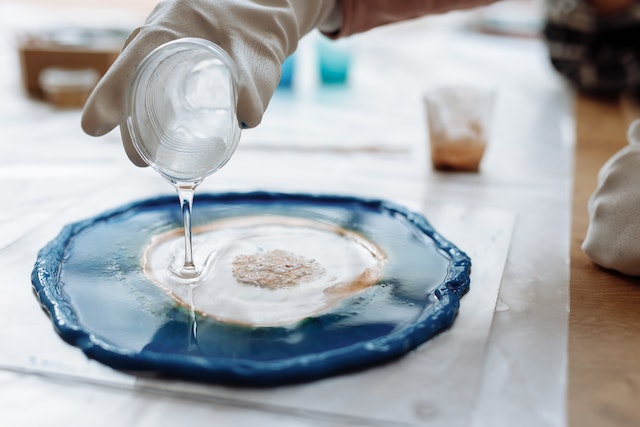An epoxy flooring manufacturer offers a wide variety of floor coatings. They are ideal for commercial and residential projects and are available in a range of colors and styles. These floors are easy to clean, waterproof and can be easily maintained. They also feature a self-levelling (SL) design, which makes installation faster and easier. This means that your floors will remain in good condition for a long time.
Self-levelling (SL) epoxy flooring
Self-levelling (SL) epoxy flooring service is a flooring option that has several advantages over other types of floor coverings. These include seamless application, durability, and low maintenance.
It is also easy to clean. Simply use warm water and a mild detergent to clean the floor. The resin provides a smooth surface that prevents tripping. This makes it perfect for industrial settings.
It is available in a variety of colours and gloss levels. It is suitable for use in pharmaceutical facilities and laboratories. It is also ideal for commercial floors.
Aside from being durable, self-levelling (SL) epoxy is safe and clean. It can be used in hygienic environments, such as cleanrooms. It is also beneficial to electronic manufacturing facilities.
Depending on the environment, a self-levelling (SL) epoxy floor can help improve productivity. Its ability to prevent defects from forming is especially useful for soldering machines. It is also great for electronic manufacturing facilities because it protects against damage to the finish.
Polymer/Aggregate ratio
The polymer/aggregate ratio is an important factor to consider when installing epoxy flooring. A higher concentration of aggregate can improve the mechanical strength of the coating. A lower concentration of aggregate can result in more deformable material. In addition, aggregates that are similar in physical properties can enhance the durability of the coating.
A research study was conducted to determine the effects of various fine aggregates on the pull-off strength of epoxy resin coatings. The results showed that the use of recycled fine aggregate (RFA) as an extender improved the pull-off strength. The use of river fine aggregate (NFA) as an extender weakened the pull-off strength of the epoxy resin coating.
The flexural strength of the epoxy polymer concrete was 22.5 MPa, 5 times more than conventional concrete. The Young’s modulus of the coating was 6.1 GPa. These results demonstrate that epoxy resin can be used as a floor coating with excellent flexural strength.
Chemicals can be cleaned up without damaging the epoxy coating
Most companies will tell you that they have an epoxy floor, but what if you have been remiss in maintaining it? A little TLC and a little bit of elbow grease can go a long way. The good news is that epoxy is a durable coating and it’s not that hard to get it back in tip top shape. It’s a good idea to do a maintenance audit at least once a year. For more upscale clients, it’s a great idea to have a scheduled cleaning routine in place. The best part is that it’s relatively low cost to do. The key is to find a time to do it. With that in mind, here are some tips on how to do it right. For more mundane tasks like mopping up spills, use a floor buff and a sponge or two. In the more challenging areas of the home, it’s best to employ a more formal approach, enlisting the help of a professional.
Waterproofing and reinforcement
Waterproofing and reinforcement of epoxy flooring is one way to prevent the damage caused by water and chemicals. It can protect a variety of concrete surfaces from damages. It can be used to extend concrete floors, and can be a great solution for multi-level structures.
The materials needed to waterproof and reinforce polyurethane epoxy flooring include: a waterproofing material, an epoxy, and a primer. Each of these products works with other components in the system to provide adequate protection. Moreover, the entire system must be installed by a professional contractor.
Before starting the project, make sure that the substrate is dry and free from any dirt. It can affect the bonding of the next layer. The surface should also be well prepared for the coatings.
Epoxy materials have high performance properties. They can be used in a variety of applications, including resin floor systems. They are also known for their durability and chemical resistance.

